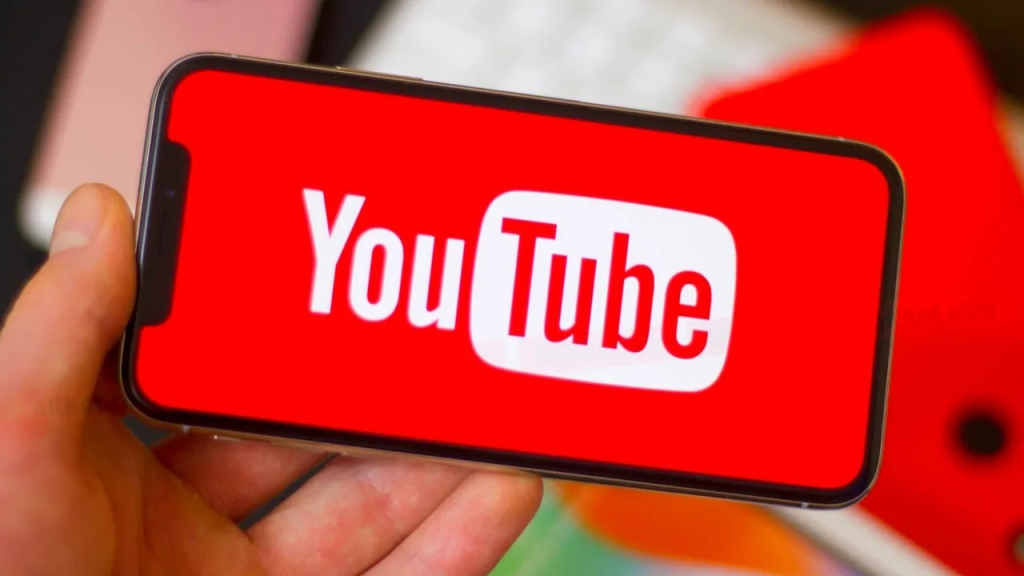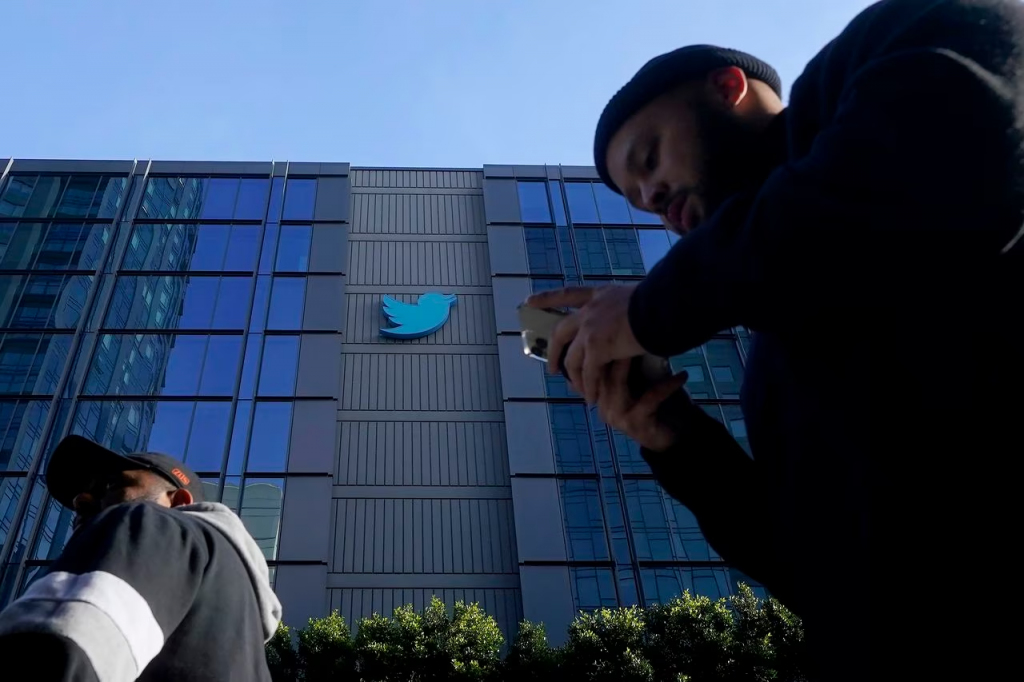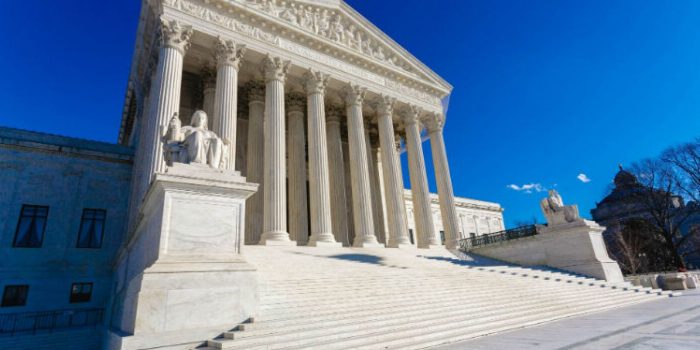On Tuesday, the United States Supreme Court heard arguments in a landmark case that could transform the internet by eliminating decades-old legal safeguards for computer corporations.
During the legal session, the nine justices focused on better understanding Section 230, a US law passed in 1996, at the start of the internet era and before Google’s establishment.
Section 230 now provides internet platforms with complete immunity from any content that comes from a third party, even if it is put out as a suggestion by the website.

YouTube’s recommendation algorithm is specifically targeted in this scenario. The family of Nohemi Gonzalez, an American exchange student who was one of 130 persons killed in the Paris attacks in November 2015, is the plaintiff in the case. Her family accuses Google-owned YouTube of being complicit in the bloodshed by recommending videos from the Islamic State extremist group to users.
“The problem is that when you click on one video, and you pick that one, YouTube will automatically keep sending you more videos, which you haven’t asked for,” said Eric Schnapper, the lawyer for the Gonzalez family.

Some justices questioned the scope of Section 230, expressing surprise at how far the immunity extends for technology companies, including recommendations.
The justices were particularly concerned that altering the standards might result in a wave of lawsuits, jeopardizing business conduct on the internet. In addition, they were concerned that changing Section 230 would cause “economic dislocation” and “truly crash the digital economy, with all sorts of implications on employees and consumers.”
Justice Samuel Alito questioned if Google would “collapse or destroy the internet if YouTube and so Google were theoretically liable for uploading and refusing to remove videos that it knows are defamatory and false.”
The plaintiffs’ attorney, Schnapper, claimed that the impact would be limited since “the kinds of situations” in which a recommendation may be subject to a lawsuit would be limited.
The likelihood of the Supreme Court even fiddling with Section 230 is making the tech sector quiver, and Google’s lawyer has warned of serious implications.
On Wednesday, the justices will hear a case that is quite similar to this one. Still, this time it involves Twitter and questions if internet platforms may be held accountable for aiding and abetting terrorism.

The Supreme Court declines to hear the great majority of cases that come before it, and experts feel that the decision to listen to this one suggests a willingness to change the landmark law.
Given the stakes, Google said it was “proud” to present its case in court.
“Eroding these protections would fundamentally change how the internet works, making it less open, less safe, and less helpful,” added Halimah DeLaine Prado, Google’s General Counsel.
Both cases are scheduled to be adjudicated by the end of June.


